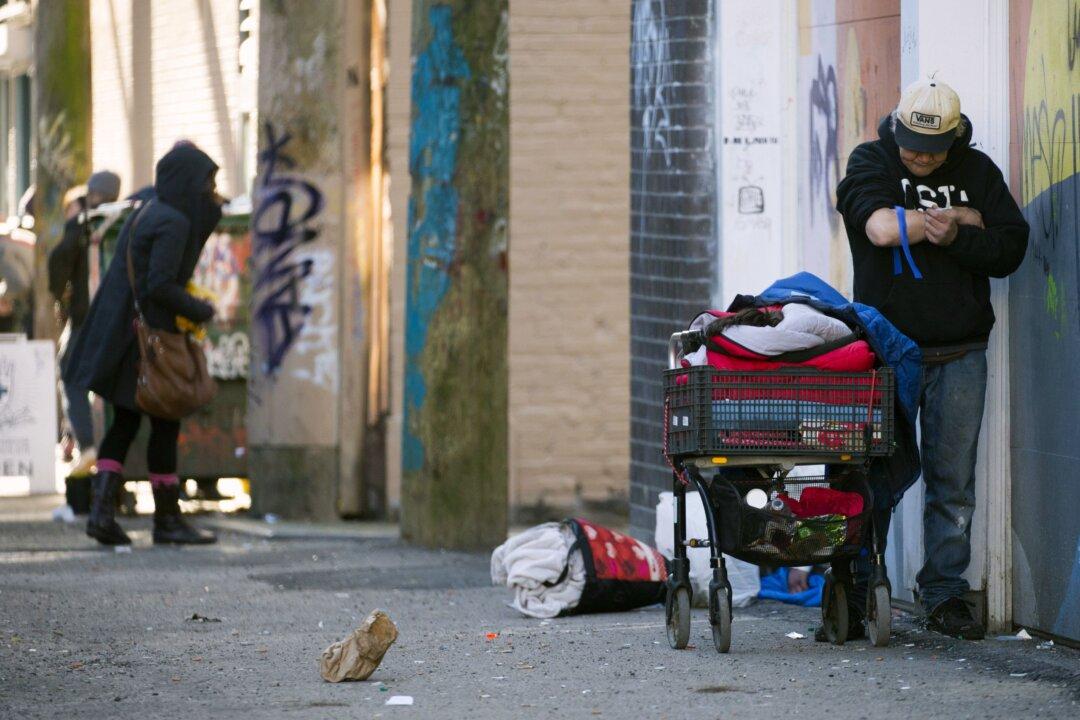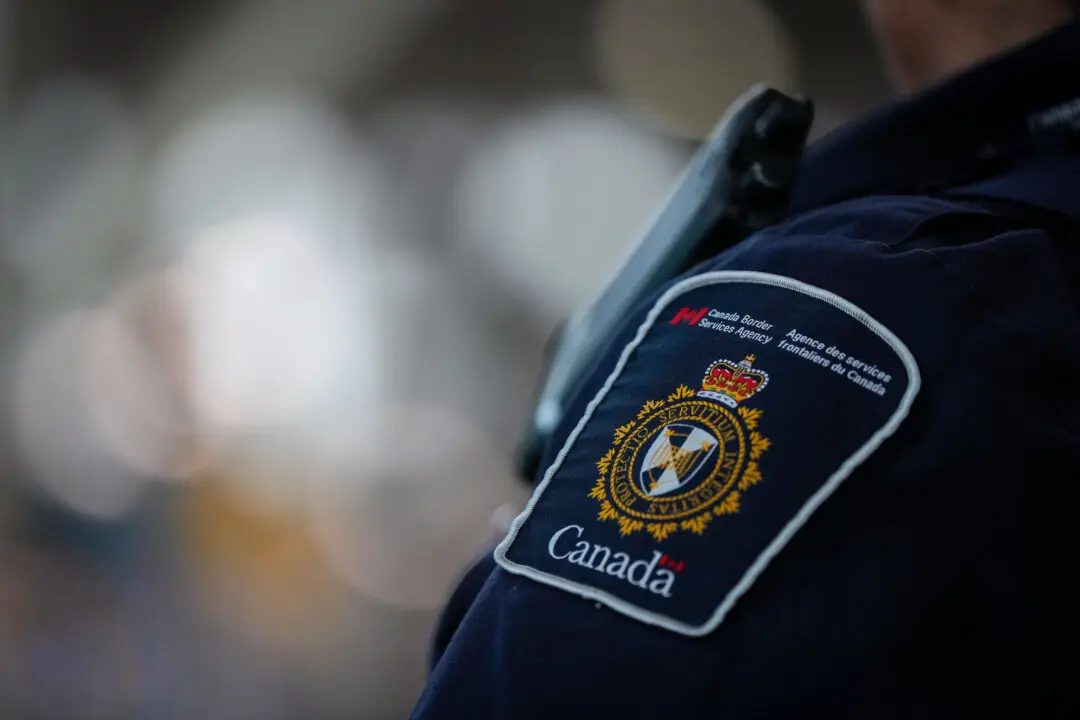Several Metro Vancouver municipal councillors are calling on the B.C. government to “stop the insanity” and put an end to drug decriminalization
Surrey Councillor Linda Annis, New Westminster Councillor Daniel Fontaine, and Richmond Councillor Alexa Loo issued a joint statement on April 22, posted on Mr. Fontaine’s Facebook page, calling on their respective councils to “urge the provincial government to end its experiment decriminalizing deadly drugs, and focus on treatment and rehabilitation instead.”





